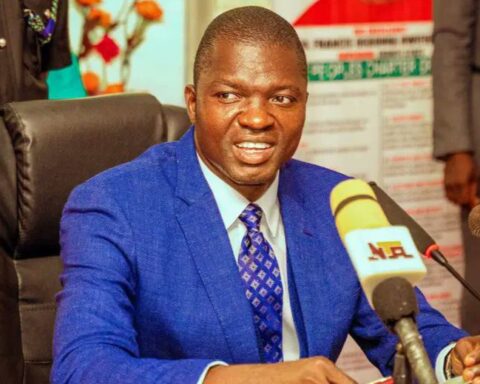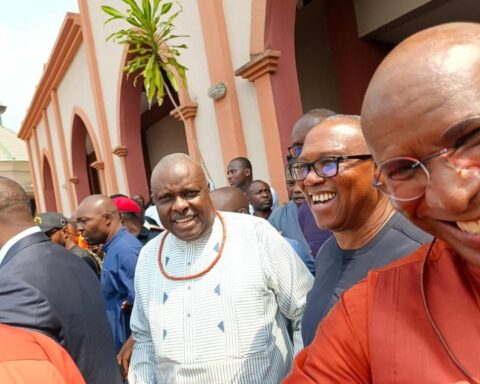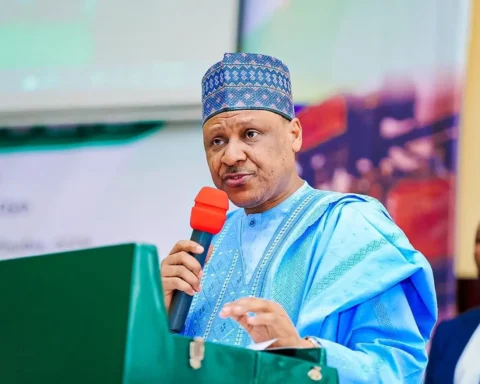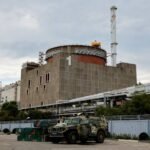Renowned legal expert, Dr. Olisa Agbakoba, SAN, has called for urgent legislative attention to constitutional issues surrounding law enforcement agencies in Nigeria, particularly the Economic and Financial Crimes Commission (EFCC).
Agbakoba, in separate letters addressed to the Senate and House of Representatives, argued that the EFCC is “unconstitutionally established” and requested a review of its legal foundation.
In the letters dated October 14, 2024, and addressed to Deputy Senate President, Senator Barau Jibrin, and Deputy Speaker of the House of Representatives, Hon. Benjamin Kalu, Agbakoba emphasized the need for urgent reforms to align law enforcement bodies with the Nigerian Constitution.
He contended that EFCC’s establishment exceeded the powers granted to the National Assembly, making it an “unlawful organization.”
“I very strongly believe the EFCC is unconstitutionally established. The powers under which it was created go beyond the legislative authority of the National Assembly,” Agbakoba stated in his letter.
Agbakoba, a former president of the Nigerian Bar Association (NBA), also cited several Supreme Court rulings that questioned the validity of the EFCC’s actions.
He argued that a lack of coordination among anti-corruption agencies has hindered the government’s goal of eradicating corruption, as outlined in Section 13 of the Nigerian Constitution.
“The Supreme Court has consistently sanctioned the EFCC for its conduct and raised doubts about its legitimacy. While we await the court’s final decision, I urge the National Assembly to convene a public hearing to address these constitutional concerns,” he added.
The letter to the Deputy Senate President, titled Urgent Legislative Attention on Constitutional Reforms Relating to Law Enforcement Agencies and Anti-Corruption Efforts, called for a comprehensive review to strengthen the legal and institutional frameworks of Nigeria’s law enforcement bodies.
Agbakoba commended the leadership of both the Senate and House Constitution Review Committees but stressed the importance of addressing these concerns to ensure the effectiveness of Nigeria’s anti-corruption efforts.
Several states have recently initiated legal challenges against the EFCC, and Agbakoba expressed hope that these cases would soon resolve the ongoing questions regarding the commission’s constitutionality.
The senior advocate called on the National Assembly to act swiftly in convening a public hearing to provide a platform for stakeholders to discuss reforms aimed at bolstering Nigeria’s anti-corruption infrastructure.
Agbakoba’s call for legislative review comes amid increasing debate over the legality of the EFCC and growing concerns about the need for a more harmonized approach to law enforcement in the country.



























